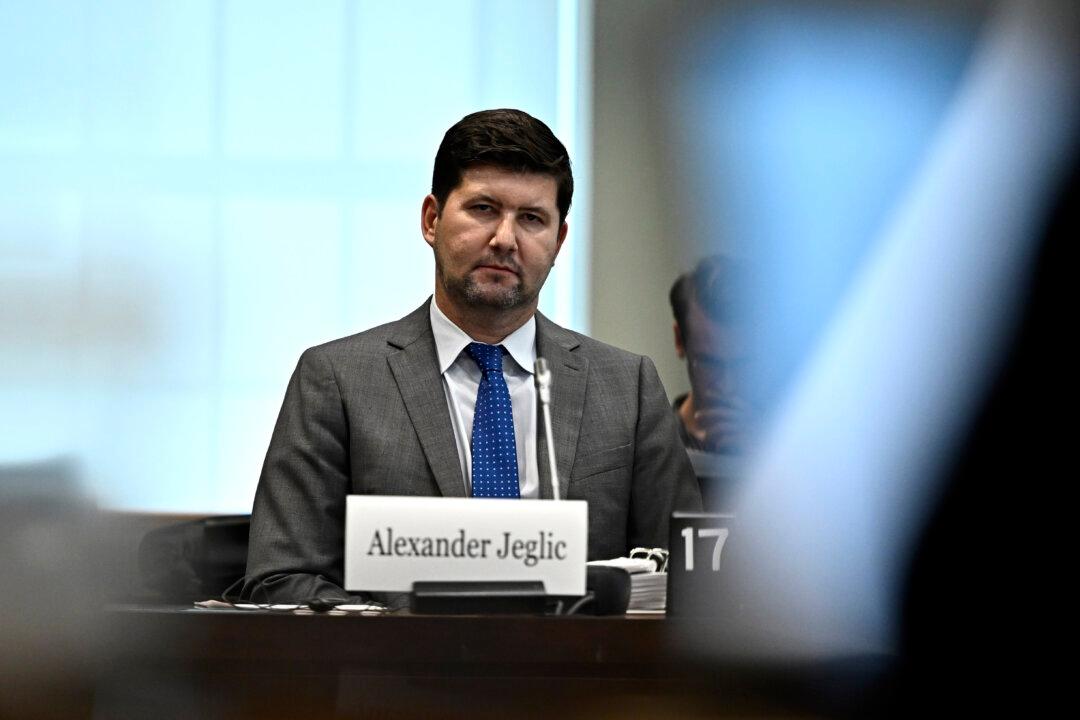Canada’s federal procurement watchdog has launched a review into a contracting method known as “bait and switch,” a practice that occurs when suppliers identified in a winning procurement bid are not the same ones who perform the work.
Bait and switch occurs when suppliers apply for contracts by proposing “highly qualified individuals,” but later substitute them for “less qualified personnel” to carry out the actual work, according to Procurement Ombud Alexander Jeglic.





